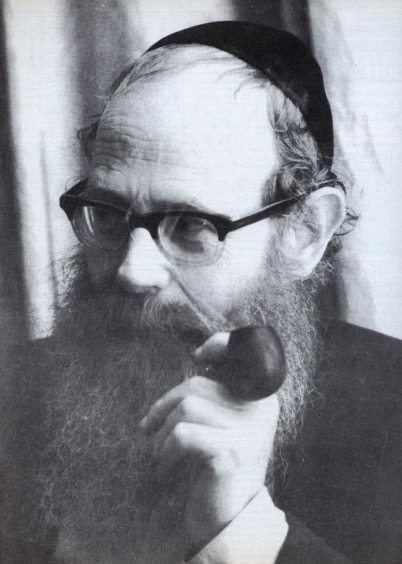The verse, “Let me know, O God, my end, and the measure of my days, what it is” (Ps. 39:5), speaks of a predetermined measure to a person’s life.
Our sages, both in the Talmud and in the Midrash, deal extensively with this subject.
The basic assumption is that there is a ketz (a fixed time”) to every person’s life, even if certain events or deeds can change its precise duration, shortening or lengthening it.
Even when Maimonides (Iggerot HaRambam 1, 264-272) discusses the relationship between the events that a person experiences and his predetermined ketz, it is clear that some kind of ketz exists for every person.
There is a ketz for a person’s greatness, a ketz for his death, and a ketz for every other significant lifetime event.
As a rule, we are not privy to these fixed times.
A person may sense that a significant event is approaching, but even then he does not truly know when it will transpire.
One aspect of fixed times is that even when we know when an event will occur, we cannot always be certain.
The Talmud tells of various cases where, because of a person’s behavior, a certain number of years was added or subtracted from their predetermined allotment of years.
For example, several years were added to the life of Benjamin the Righteous because he supported a poor woman (Bava Batra 11a).
Similarly, Rabbi Akiva’s daughter was destined to die at her wedding, but as a result of a charitable deed that she performed, she was allowed to live beyond her wedding day (Shabbat 156b).
Apparently, no ketz remains absolutely fixed to its exact date, irrespective of other factors.
Even when a fixed date for a particular event is decreed from on high, as we find in various prophecies, these dates can shift as well.
For the individual as well, there are dynamic factors in life that can alter his fate in one way or another.
This idea is found frequently in Tanakh, as it says of the redemption, “In its time, I will hasten it” (is. 60:22).
We see from this example that even when an event is assigned a specific time, like the redemption, it is always possible for this time to be moved forward.
From this incident, our sages learned the precept that “charity saves from death.”
–Rabbi Adin Steinsaltz

